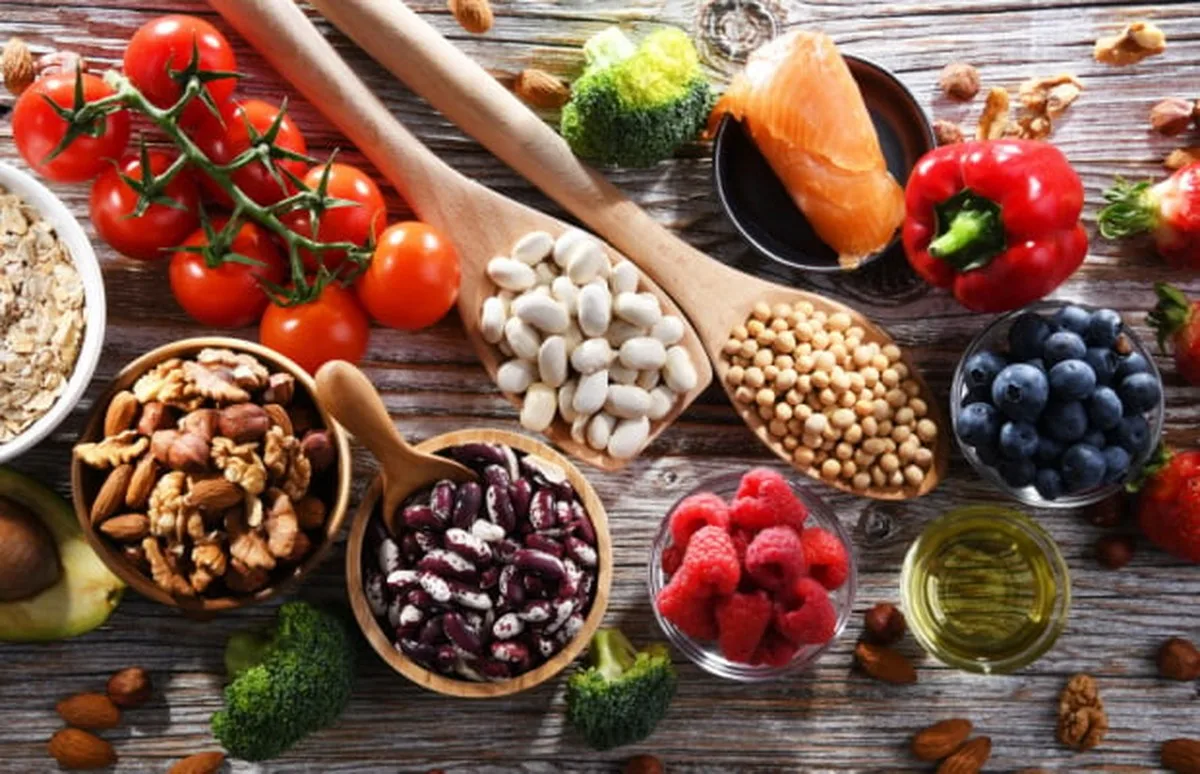14/11/2024
14/11/2024

LONDON, Nov 14: An NHS doctor has highlighted five foods that can help lower cholesterol and potentially reduce the risk of heart attacks. Dr. Rupy Aujla, the founder of Doctor’s Kitchen, spent years working as a GP and emergency doctor before launching his health brand. He now focuses on educating people about how dietary changes can improve their health.
Dr. Aujla emphasizes that the foods we eat can have a positive impact on the functioning of both our heart and brain. This advice comes after a 2018 study found that dietary changes could lower non-high-density lipoprotein cholesterol in just three weeks.
According to Dr. Aujla, the first dietary swap to consider is replacing refined grains with whole grains. On his Doctor’s Kitchen YouTube channel, he explained, “Grains often get a bad reputation because they’re seen as high in carbohydrates and low in fiber. However, there’s evidence showing that consuming whole grains, which contain both fiber and phytonutrients, can actually improve your cholesterol.”
He referred to several human trials that showed eating whole grains instead of refined grains like white rice, pasta, and bread resulted in improved total cholesterol and low-density lipoprotein (LDL) cholesterol in people without cardiovascular disease risk factors. Dr. Aujla recommends swapping refined grains for alternatives like buckwheat, barley, or steel-cut oats.
In addition, Dr. Aujla advises incorporating more nuts and seeds into your diet. He highlighted almonds, flaxseed, and hazelnuts as particularly effective at lowering cholesterol. According to him, these are “some of the most powerful ingredients for reducing cholesterol levels as measured in your blood.”
Legumes and beans also play a vital role in cholesterol reduction. Dr. Aujla suggests swapping animal-based proteins, such as red meat, fish, and chicken, with plant-based proteins like beans, lentils, and other legumes. He claims that eating around 130g of legumes daily can help lower cholesterol.
Soy foods are another great option, according to Dr. Aujla. He lists tofu, tempeh, and edamame as examples. Just 25g of soy protein per day can contribute to lower cholesterol levels, a finding supported by a 2019 study in the United States.
Finally, Dr. Aujla recommends adding more fruit to your diet. Although the impact may not be immediate, fruits like blackberries, raspberries, apples, and citrus fruits are still beneficial.
According to the NHS, too much cholesterol can block blood vessels, increasing the risk of heart attacks and strokes. They recommend a balanced diet that includes whole grains, pulses, nuts, seeds, vegetables, and fruits to improve cholesterol levels. Like Dr. Aujla, they suggest that diet and exercise can help reduce cholesterol.
For those over 40, overweight, or with a family history of high cholesterol or heart problems, the NHS advises getting a cholesterol check.


